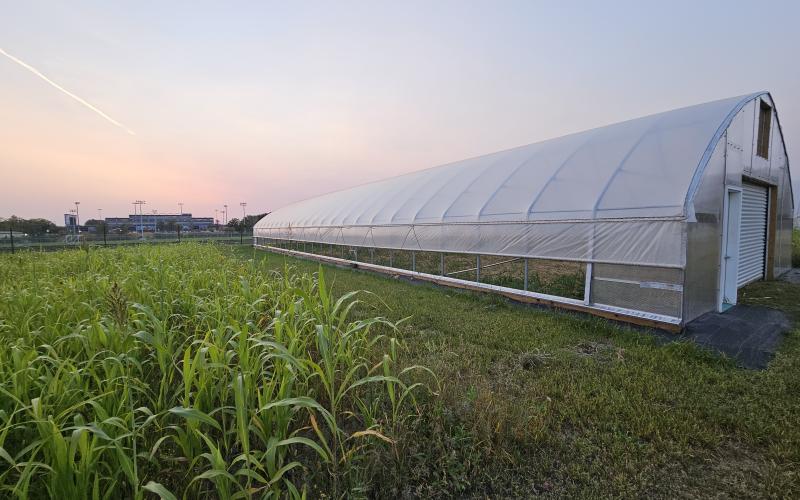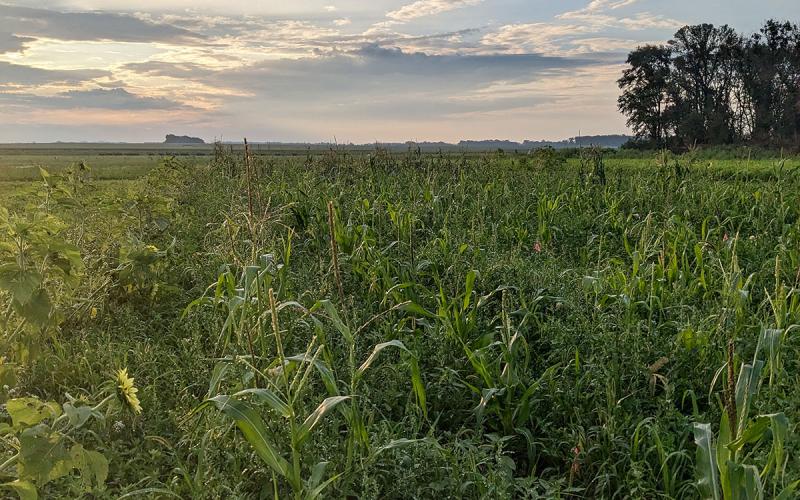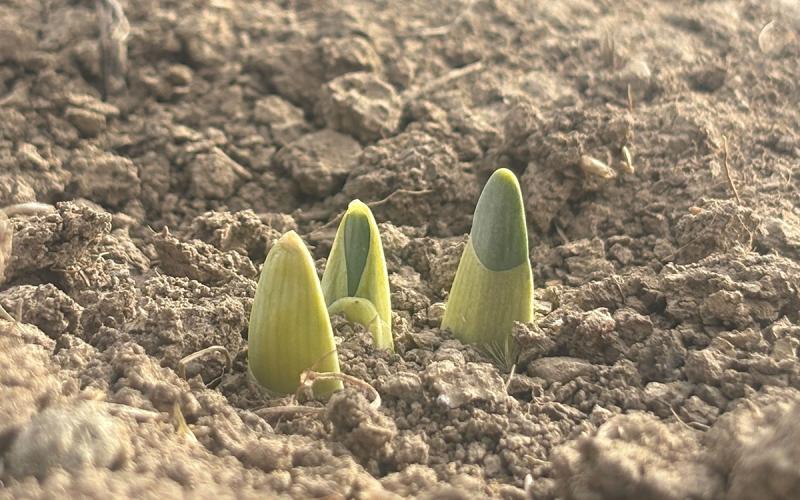Written by Rhoda Burrows, former Professor & SDSU Extension Horticulture Specialist.
Fall cleanup can help with the success of your garden next year. Diseased plants left over the winter can provide fungal or bacterial spores waiting to infect your new plants. When cleaning out your vegetable garden, follow these steps.
Last Veggies
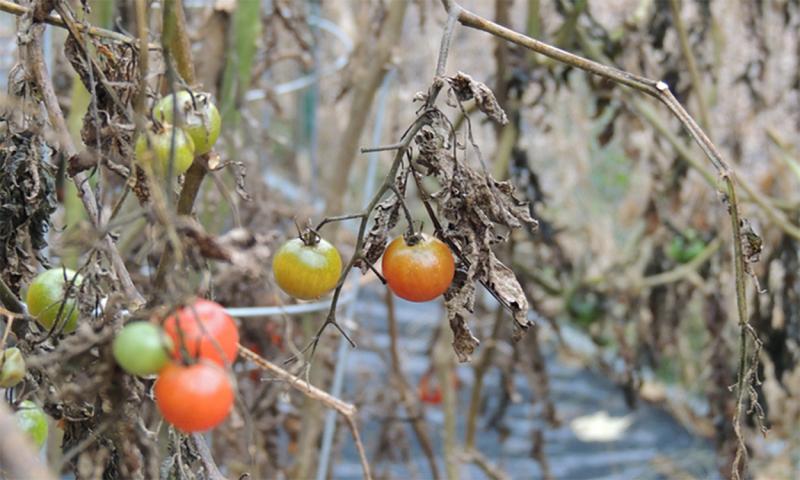
First, go through the garden to look for and pick anything that was missed earlier. Sometimes a pepper or tomato will be hiding under plant material and survive a light freeze. If you don’t plan on overwintering your beets or carrots in the garden, pull them and store them in a refrigerator long-term. Kale and spinach can be left in the garden. If temperatures don’t get too low, or if you mulch them well, they may overwinter and give you a treat next spring. Brussels sprouts will have better flavor after a light frost; if you leave the plants, they may overwinter and even produce small sprouts next spring.
Diseased Plants
Remove any plants that had diseases—roots and all. Bag them and put in the trash. Spores and virus particles can overwinter, causing new plants to be infected much earlier than if the diseases have to move in with the weather or insect infestations. All tomatoes, peppers, and eggplants that show any signs at all of virus problems must be removed. Powdery mildew spores will overwinter on soil protected by the leaves that fall and remain in place for the winter. Squash plants are very prone to powdery mildew and need to be removed and put in the trash.
If your plants have been diagnosed with a soil-borne disease, such as Verticillium, you may need to switch to a different area for your garden, or else grow sweet corn, onions, garlic or grasses in that area for a few years.
Never save seed from diseased plants.
Squash and Pumpkin
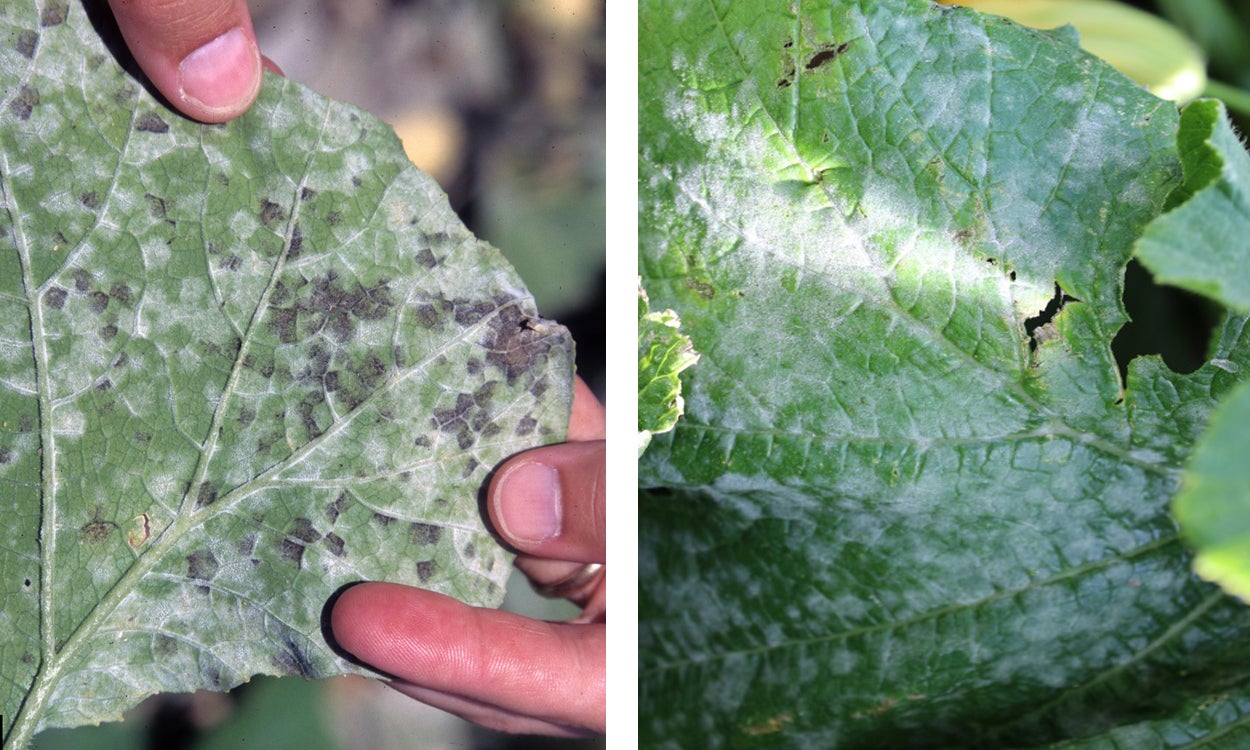
Tomatoes
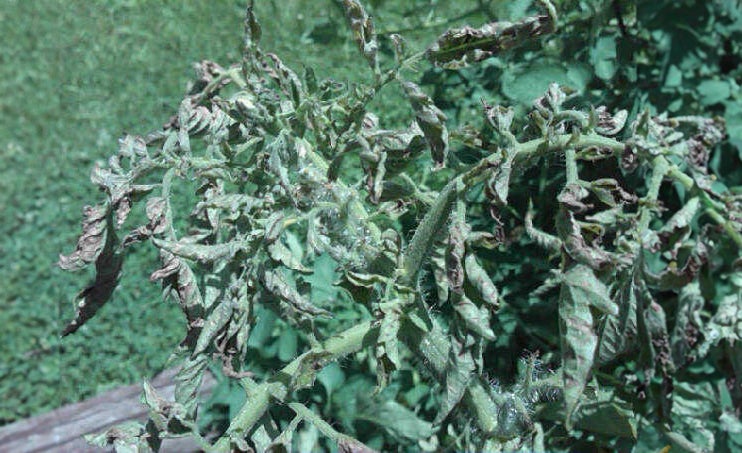
Plants That Are Not Diseased
These plants are valuable organic matter for next year. Crops in the brassica family, such as broccoli, cauliflower, and cabbage, can also decrease some kinds of diseases when worked into the soil. You can pull the plants and run a lawn mower over them so they are chopped into smaller pieces and spread over the ground on the garden. They will decompose over the winter, returning nutrients to the soil. These plants can also be composted, and the finished compost used next season.
Adding Soil Amendments
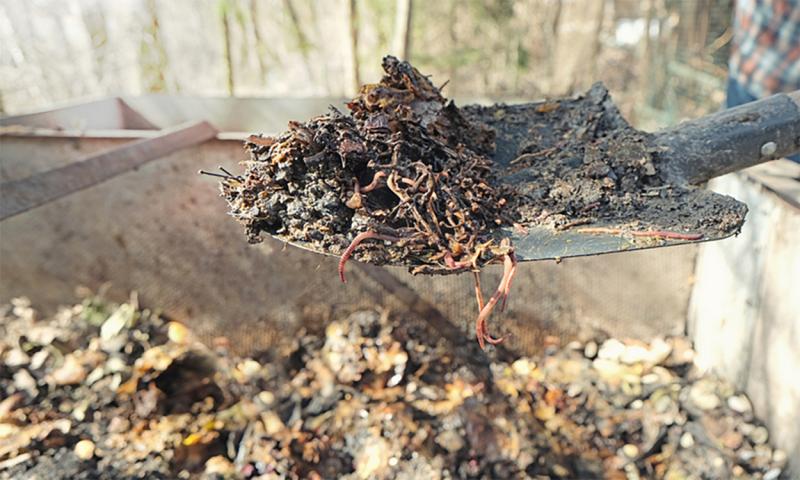
Fall is the best time to add organic amendments, such as well-rotted manure, leaves, compost, and disease-free garden waste. All manure needs to be at least six months old to prevent root burning as well, as possible transfer of human pathogens next spring. The type of manure is not as important as the age. Chicken manure is known for being “hot,” or very strong, so use caution with the amount applied. In an average garden with good soil, about 1 inch per year of cow or horse manure or one-half inch of chicken manure is all that is needed. Too much manure over several years will cause salts to build up in the soil, and plants will not survive.
Leaves are good organic matter. Thicker leaves take longer to break down and help loosen heavy soil. Following a drought, water the garden thoroughly before applying a mulch. Whole leaves can be layered on the soil and pulled back next spring to let the soil warm and dry. These half-decomposed leaves can then be used as mulch when the garden is replanted. Leaves can also be chopped with the mower and spread out. Chopped leaves will decompose faster and may not need to be raked off in the spring.
Compost purchased at local landfills can be applied at this time too, but make sure that it is herbicide-free. Several inches can be spread on the soil and allowed to continue decomposing over the winter.
Tilling
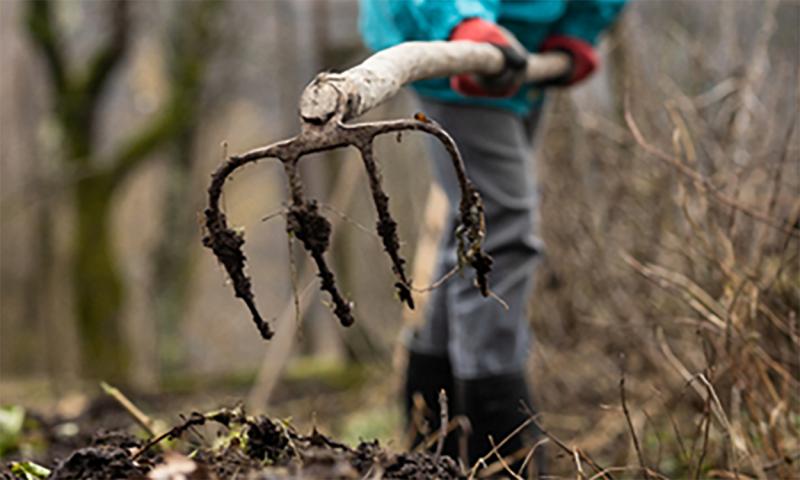
Tilling in the fall is a personal decision. If you have heavy clay soil that needs amending to loosen it, tilling during fall cleanup will mix the mulch, compost or manure into the soil, speeding improvement. If your soil has been improved over several years and has good tilth, and if it is loose and feels soft to the touch, you don’t need to till in the fall. Amendments can be spread on the soil or worked in with either a hoe or fork.
Over tilling will break soil particles into very small pieces that remove air spaces and cause compaction. By following good soil amendment and care practices, many gardeners have given up tilling and are very pleased with the results. For more information on managing no-till gardens, see our article, Weed Control in No-Till Gardens.
